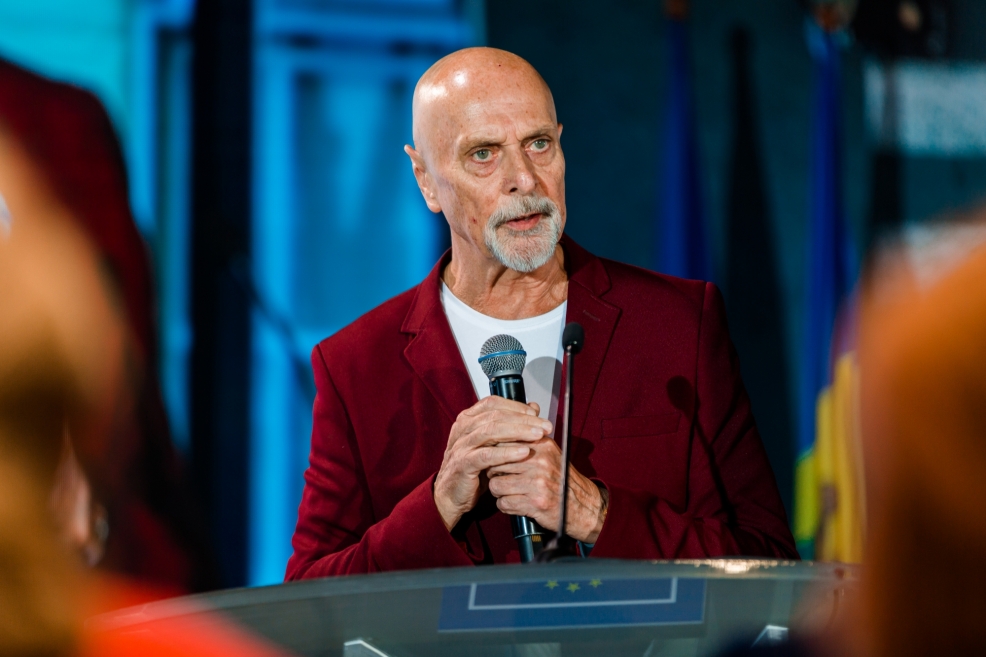
‘Life is what happens to you when you’re busy making other plans’. John Lennon’s words from 1980 are a universal truth which have never sounded as relevant as they do today. Our QI Project entered March 2020 with many plans: during March, April and May, we would be bringing in some 20 international experts to work with our partners in key agencies and institutes subordinated to the Ministry of Economy and Infrastructure; national experts would be delivering over 500 days of face-to-face business-oriented consultancy to selected Moldovan companies to help develop their effectiveness in the Moldovan and the EU marketplace. And then the COVID-19 pandemic struck the world. And Moldova was no exception. The state of emergency declared on 17 March and set to last until 15 May has led to the majority of people in the country living in self-isolation, joining the almost 2 billion people – a quarter of the world’s population. Life as we knew it changed, seemingly overnight. Our project, one of many interventions which the EU has been funding to support the development of Moldova, was at an apparent impasse: foreign experts could no longer freely fly in or out, and face-to-face contact for national experts was expressly forbidden.
It would, I suppose, have been easy for us to sit back and accept that life had overwhelmed our plans, and we should simply wait for the pandemic to burn itself out or be overcome by long-awaited vaccines. But projects such as ours are vehicles for delivering solutions which can bring about change. And we decided to apply this principle to ourselves and to see if we could develop solutions which would allow us to continue to work with our partners, albeit in ways substantially different from those we had originally anticipated. With the active and flexible support from the EU Delegation in Moldova, we are harnessing a variety of technology tools – Zoom, Skype and the overlooked e-mail – to ensure that our work can continue. International experts are already working remotely on legislative harmonisation and methodologies to support innovative approaches here in Moldova, and later in April, we are aiming to launch a programme of online workshops, bringing home-based international experts into contact with home-based partners to enhance their understanding of the application of EU directives and regulations in the fields of accreditation, standardization and metrology – these will have their impact on the business community when things get back to normal; and we are continuing to deliver our SME consultancy programme on a (screen to screen) virtual-face-to-virtual-face basis, via ZOOM and Skype, for those companies not willing to stand idly by during these difficult times, and to try to ensure that they will emerge stronger and more effective when the pandemic moves away. It won’t quite be ‘business as usual’ but it will be ‘’ business as usual as we can make it’.
These are tough times – probably the toughest any of us have experienced. Our intention is to ensure that when they pass - and they will pass – our partners will be in a stronger position to support Moldovan economic development through the implementation of the new skills and knowledge they will have acquired.
Take care, and stay healthy.
Michael Chambers
Team Leader, QI Project